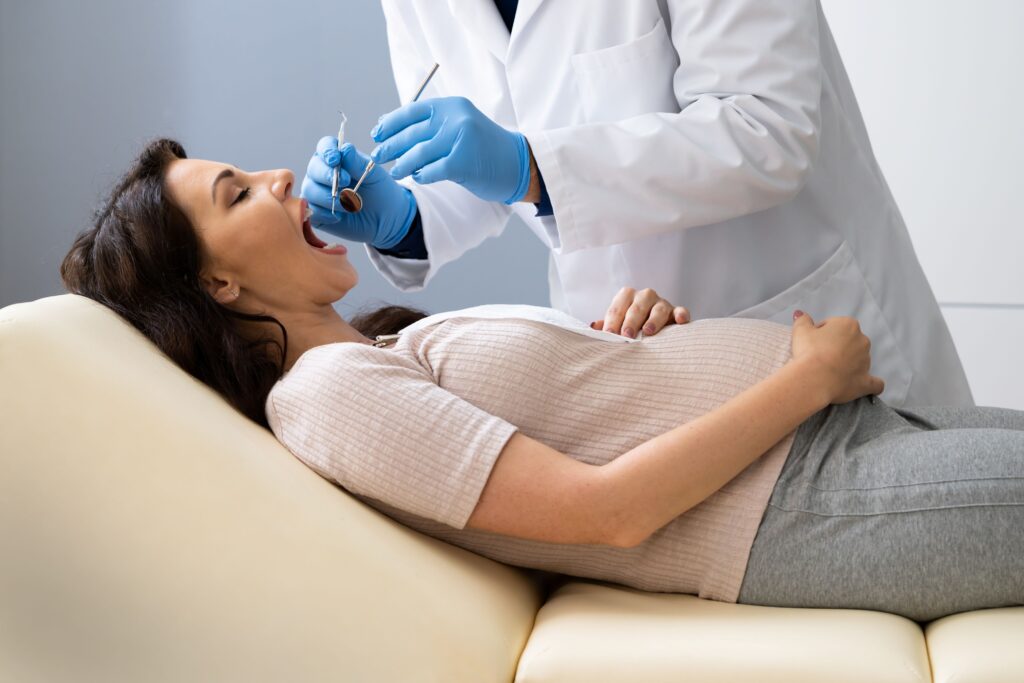
Did you know that women who are pregnant are more vulnerable to cavities and gum disease? The hormonal changes that take place make your gums more sensitive and prone to inflammation, and acidity in your mouth from morning sickness or dietary changes can erode your enamel.
Your dentist can address any issues, but many patients experience anxiety around appointments, especially when they’re expecting. Sedatives can put your mind at ease, but it’s natural to worry whether the medications might affect your baby. Continue reading to learn more about whether it’s considered safe!
What Medications Are Used for Dental Sedation?
Before diving into the complexities of taking certain medications when pregnant, it’s important to establish the types of drugs used for dental sedation. There are several types, though not all dentists offer every option. For instance, many providers are licensed to administer nitrous oxide (laughing gas) via a nose mask placed over your face, but others utilize different methods.
One popular sedative is in the form of prescription pills that are intended to be taken prior to arriving for your appointment so they kick in by the time your procedure starts. This method typically utilizes drugs like Triazolam, lorazepam, and diazepam to help you feel calm while hindering your brain’s ability to sense discomfort.
Is Dental Sedation Safe While Pregnant?
Most sedatives are considered perfectly safe under normal circumstances, but there may be exceptions when you’re expecting. This is because some drugs can travel through your system and affect your fetus, especially during the first trimester.
For example, sedatives tend to slow your breathing which can lead to increased carbon dioxide in your blood in a condition called hypercapnia, which can spread through the placenta. The third trimester also poses risks because it can trigger preterm labor in some circumstances.
As a result, many dentists prefer to wait until the second trimester before providing even essential services like checkups and cleanings. They often suggest waiting until after delivery for more complex services, restorations, and surgeries whenever possible to avoid unnecessary risks to yours and your baby’s well-being.
Are Local Anesthetics Safe While Pregnant?
If you’re unable to undergo sedation, you’re likely wondering whether you can at least be numbed for an upcoming procedure. Thankfully, local anesthetics are usually considered perfectly safe during pregnancy. That means you can have your gums cleaned, fill cavities, and place restorations if needed without discomfort.
If you’re unsure whether you’re a good candidate for sedation dentistry, the best way to find out for sure is to consult your provider!
Meet the Author
Dr. Henry Diep enjoys helping people improve their lives by enhancing their oral health. He earned his dental degree from the Midwestern University in Glendale, AZ and is an active member of the California Dental Association. He takes the time to build relationships with patients of all ages so he can tailor treatment plans to meet their unique needs. Then, he combines a caring approach with state-of-the-art technology to increase patient comfort while delivering accurate results intended to last. If you’re interested in dental sedation, you can request an appointment on the website or call (510) 314-8426.
